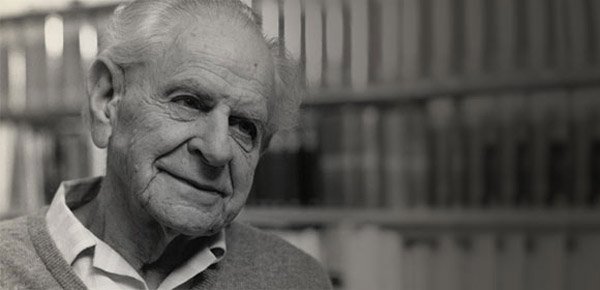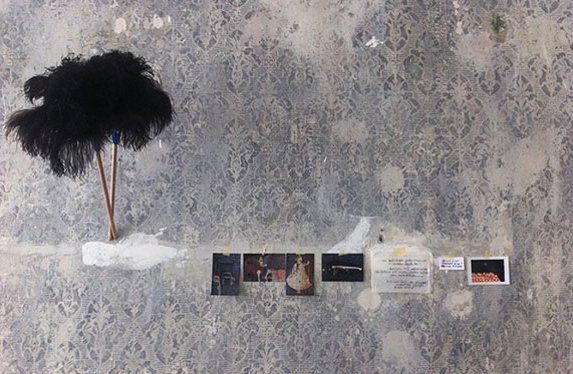The dominant Western narrative tells of a trajectory from fate to taking destiny into our own hands. This has induced fantasies of control, the capability to shape technology and the depiction of consumer choice as the ultimate expression of individual autonomy. Still, the more choices are available, the more we feel surrounded by uncertainty; similar to the dark energy in the universe. Coping with uncertainty raises questions about the limits of what can be predicted. While unprecedented computational power increases the amount of data and hence complexity, it promises at the same time ever more certainty. Yet the cunning of uncertainty is at work underneath these forays into managing complexity.
Science thrives at the cusp of uncertainty and its cunning operates in creative ways. Today, the promises of innovation dominate the political agenda, while downplaying the inherent uncertainty and its forces of creative destruction. In the social world intervention and manipulation cannot be pursued like in an experimental system. The cunning of uncertainty is at work through competition and the strategies to influence its outcome. Innovation cannot be planned, but 'trading zones’ offer new spaces for negotiating uncertainty. Finally, what about errors and their propagation, leading to false certainties? If society is to thrive at the cusp of uncertainty, instead of being stifled by it, the openness of the future and the degrees of freedom which uncertainty offers need to be embraced.
Helga Nowotny is president of the European Research Council (ERC). She is professor emerita of Social Studies of Science, ETH Zurich (Swiss Federal Institute of Technology).
For further information on Sir Karl Popper memorial lectures please visit The Sir Karl Popper Memorial Fund.

